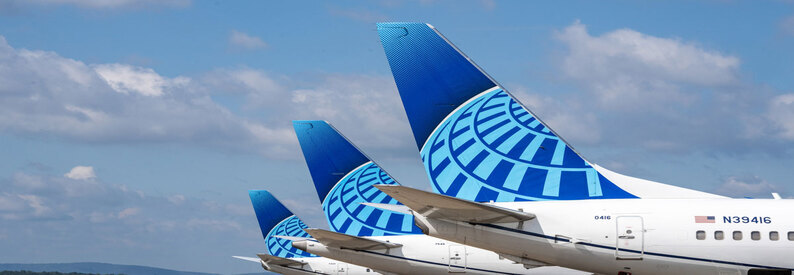United CEO’s Language Strategy Highlights Modern Leadership Power

United Airlines CEO Scott Kirby is offering a powerful reminder of how language can shape culture, inspire employees, and drive organizational ambition. During a recent visit to the U.S. Air Force Academy, Kirby showcased his skillful use of words and humor—tools he frequently uses to reinforce United’s identity and rally teams across the airline. His comments, which playfully critiqued Boom Overture’s aircraft name and boldly declared United “the best airline in the history of aviation,” illustrate how intentional language can become a central leadership asset.
Kirby’s messaging style isn’t accidental. His choice of words is designed to build confidence internally, projecting a vision of excellence that encourages employees to elevate their performance. When he speaks about United’s long-term strategy—whether fleet investments, operational improvements, or customer experience upgrades—he frames the company as a global leader, creating a sense of shared pride and purpose.
His remarks at the Air Force Academy included a lighthearted critique of Boom’s next-generation supersonic jet, suggesting its name was more fitting for a fireworks display than an aircraft. This blend of humor and assertiveness reflects Kirby’s leadership persona: approachable, confident, and unafraid to stake out bold positions. It also signals to employees that United is pursuing innovation on its own terms, rather than following industry hype.
Kirby’s leadership approach mirrors that of other influential CEOs who use language as a motivational framework. Walmart U.S. CEO John Furner, for example, consistently repeats a simple yet powerful mantra about the company’s purpose: “We save people money so they can live better.” This repetitive, mission-focused messaging reinforces organizational clarity and aligns tens of thousands of employees around a shared goal.
For United, Kirby’s rhetorical strategy serves a similar function. By publicly setting ambitious benchmarks and painting the airline as a historic industry leader, he invites employees to live up to that vision. This form of aspirational communication has become increasingly important across the aviation sector, where operational pressures, customer expectations, and long-term transformation efforts demand unified internal momentum.
As airlines navigate economic shifts, technological change, and evolving passenger needs, leaders like Kirby show that the right language—delivered consistently—can cultivate a culture of ambition and resilience. His recent remarks underscore that words matter in leadership, not just as statements of fact, but as tools for inspiration, alignment, and collective motivation.
Sources: AirGuide Business airguide.info, bing.com
